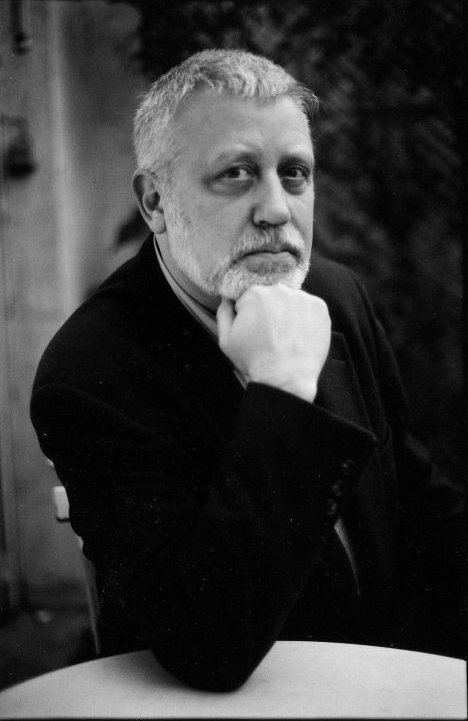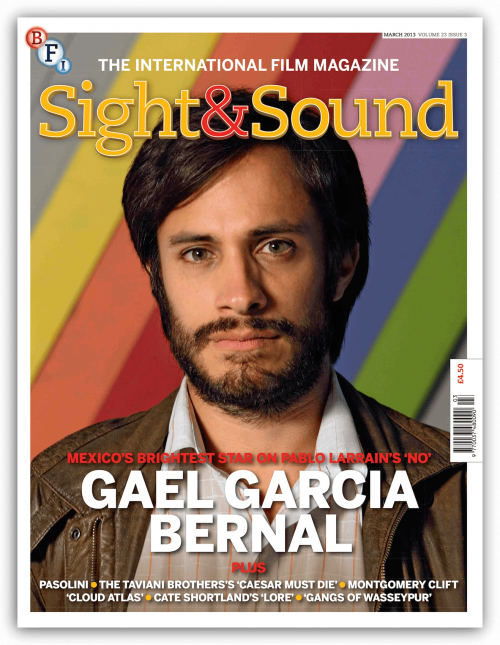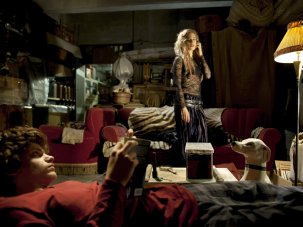Web exclusive

As a young literature student, Eduardo de Gregorio traded his native Argentina for Europe following the 1966 military coup. In Rome he co-scripted The Visionaries (1968) with critic Maurizio Ponzi. An adaptation of Robert Musil’s meta-stageplay The Enthusiasts (1921), it was an early indication of Gregorio’s penchant toward playful narratives that leaned into fantastical, other-worldly realms (an influence owed in part to Jorge Luis Borges, his one-time professor).
His next gig came when he met Marilù Parolini (‘Mary-Lou’ in Jean Rouch’s seminal 1961 Chronicle of a Summer) and Bernardo Bertolucci, who brought in Gregorio to assist in fleshing out a three-and-a-half-page Borges story into a feature-length script, which eventually became The Spider’s Stratagem (1970). A card-carrying member of the French Communist Party, Gregorio subverted political fashions with his complex literary sensibilities, which helped Bertolucci to shape The Spider’s Strategem into a cinematic object that was structurally clever and sumptuously detailed in addition to being confidently political.
Gregorio briefly worked as an actor in Danièlle Huillet and Jean-Marie Straub’s Othon (1969) before leaving to Paris, where his subsequent job was aiding Jacques Rivette and Suzanne Schiffman on a project called Phenix (later aborted). During this time Gregorio had fallen in socially with several nouvelle vague actresses, including Juliet Berto and Bulle Ogier, both of whom had been cast in Rivette’s Celine and Julie Go Boating (1974). Rivette enlisted Gregorio to help create an improvisational writing strategy on set that in the end lent the film its most enduringly modern qualities.
A potent force in the outskirts of French cinema, Gregorio made his directorial debut with Sérail (1976); that and his collaborations with Rivette on four features are some of the finest examples of what Positif critic Gérard Legrand termed the ‘fantastique’. His sophomore feature, La Memoire courte (Short Memory, 1979), is a top-notch political thriller that’s prime for rediscovery.
Gregorio became a film professor in his later years. His fifth and final film was the comedy Tangos volés (Stolen Tangos, 2002).
Also in the March 2013 issue of Sight & Sound

Obituaries 2012
Bob Mastrangelo’s survey of the film greats and lesser-knowns who left us during 2012, with new obituaries of Herbert Lom, Sylvia Kristel, Yamada Isuzu, Seyfi Teoman and child actors of the silent era.





